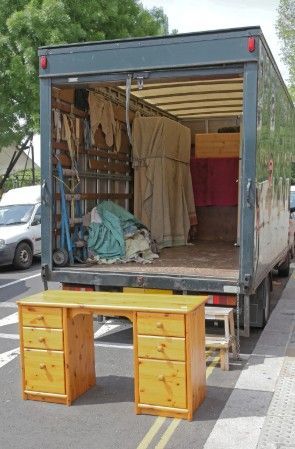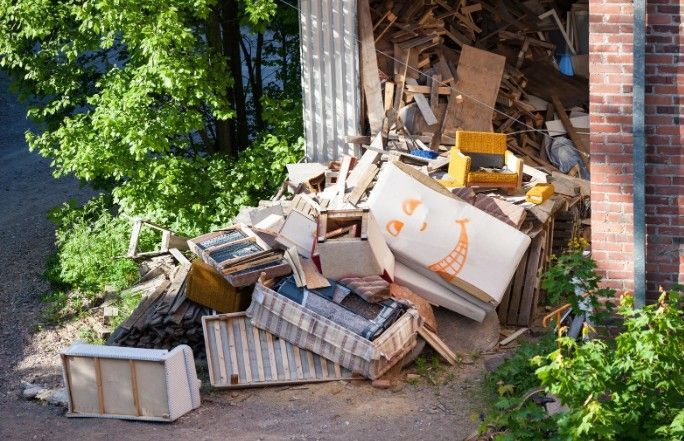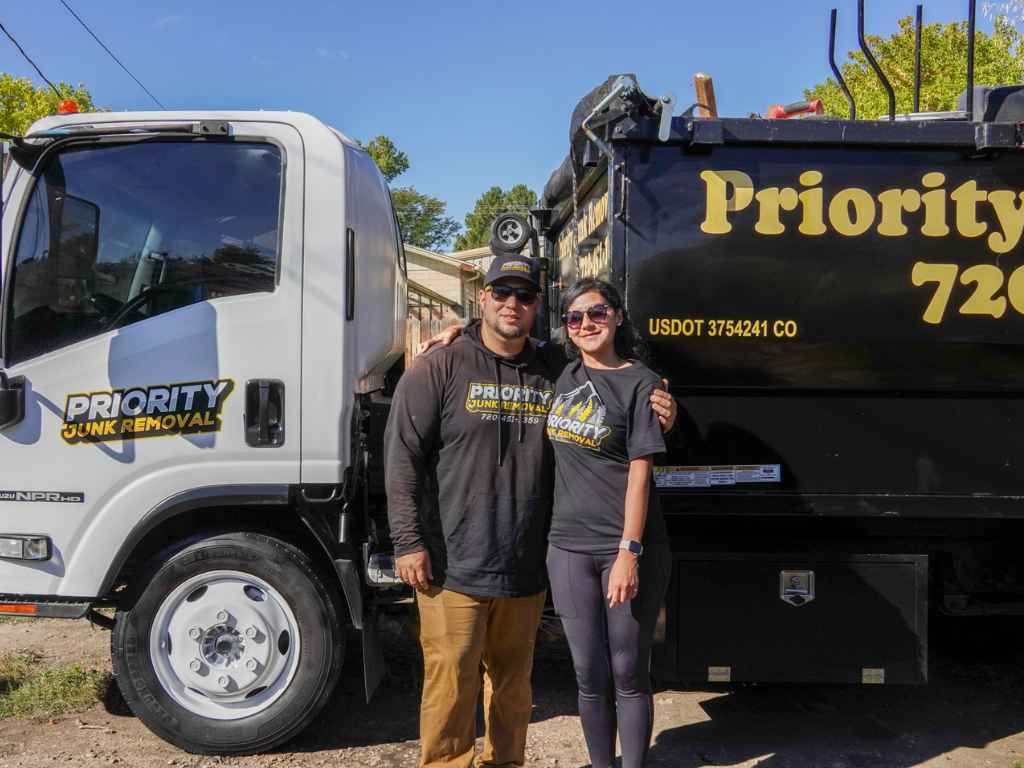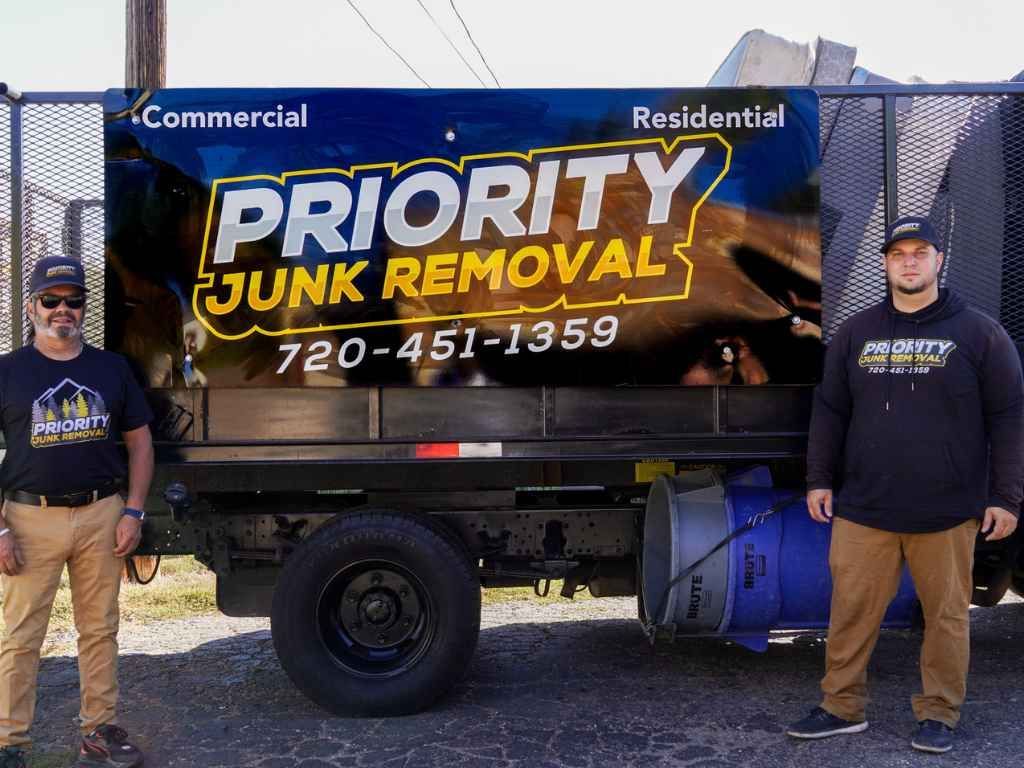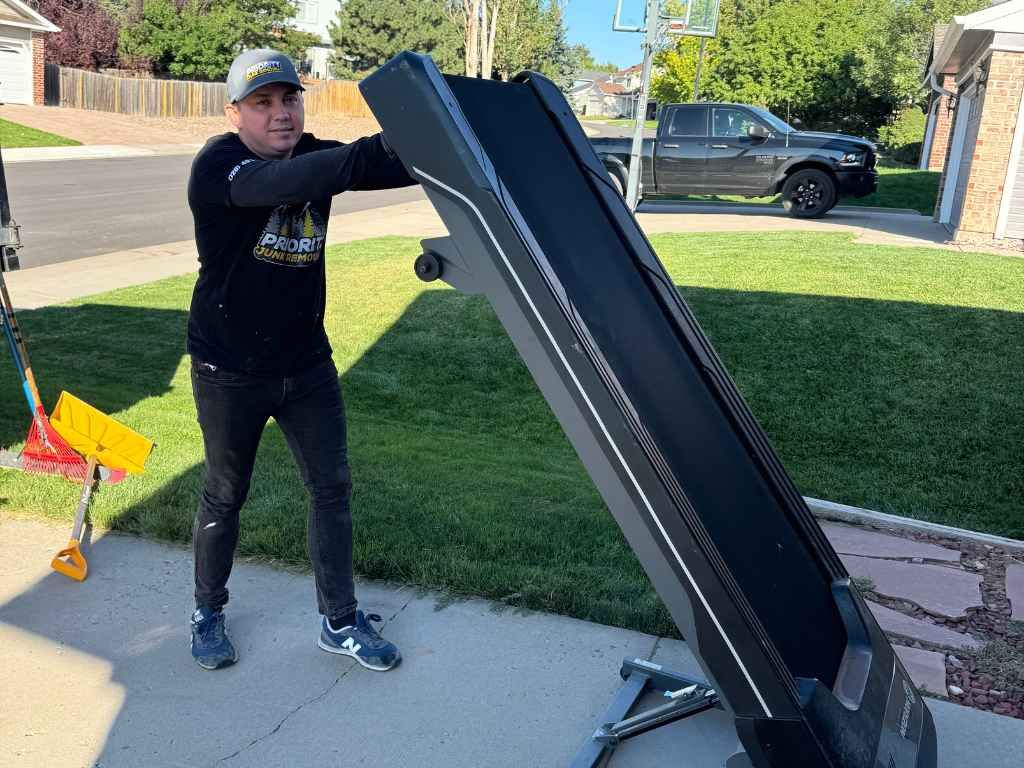Tips for Efficient Junk Removal in Restaurants and Cafes
Running a successful restaurant or café is not just about crafting delicious dishes or brewing the perfect cup of coffee. Behind the scenes, maintaining a clean, organized, and clutter-free environment plays a crucial role in ensuring smooth operations, regulatory compliance, and an overall pleasant customer experience. One of the biggest challenges in the food service industry is junk accumulation—whether it’s outdated equipment, food waste, packaging materials, or miscellaneous clutter that builds up over time.
An efficient junk removal system can transform your establishment, making it more hygienic, productive, and visually appealing. However, simply tossing waste in a dumpster isn’t enough. A strategic approach is necessary to keep your restaurant or café in pristine condition while minimizing disruptions. Below, we explore expert-backed strategies to tackle junk removal with efficiency and ease.
Create a Junk Removal Plan
A well-organized junk removal plan is essential for maintaining a clean, efficient, and compliant restaurant environment. Without a structured approach, waste management can quickly spiral into chaos, leading to cluttered workspaces, safety hazards, and even regulatory issues. To avoid this, start by assessing your restaurant’s unique waste generation patterns. Identify the types of waste produced most frequently—whether it’s food scraps, packaging materials, or broken equipment—and create a tailored disposal schedule. Designate specific days for deep cleaning and decluttering to prevent waste buildup and keep the environment manageable.
Ensure your team is aligned with this schedule by clearly communicating expectations and assigning responsibilities. Empower employees to take ownership of waste management by providing clear guidelines on sorting and disposal. Establish partnerships with local recycling centers and donation organizations to minimize landfill contributions. A structured junk removal plan not only keeps your restaurant running smoothly but also reflects your commitment to cleanliness and environmental responsibility.
Adopt a “Reduce, Reuse, Recycle” Mindset
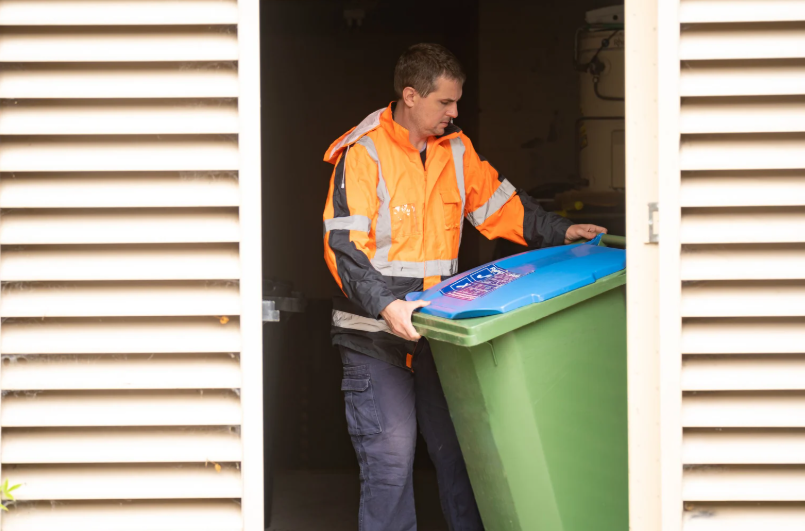
Sustainability is more than a trendy term—it’s a practical approach that can benefit both your business and the environment. Restaurants generate significant waste, but much of it can be minimized or repurposed with a thoughtful strategy. Start by evaluating whether items can be reused before disposing of them. Glass bottles, for instance, can be turned into creative decor pieces or repurposed for storing sauces or condiments. Used cooking oil can be converted into biodiesel, reducing waste while contributing to cleaner energy.
Even old furniture can be refurbished instead of discarded, giving it new life and saving on replacement costs. Recycling should also be a key focus. Separate recyclable materials like glass, plastic, and metal to ensure proper handling. Partnering with local recycling programs and donation centers makes this process easier and more effective. A "Reduce, Reuse, Recycle" approach not only cuts waste disposal costs but also enhances your restaurant’s reputation as an eco-conscious business.
Optimize Storage and Inventory Management
A disorganized storage area isn’t just an eyesore—it’s a major source of inefficiency and waste. Overcrowded shelves, expired products, and forgotten supplies can lead to unnecessary clutter and increased waste disposal costs. To combat this, implement a streamlined inventory management system. Start with a “first in, first out” (FIFO) strategy, which ensures that older products are used before newer ones, reducing spoilage and food waste. Invest in high-quality storage solutions, such as stackable bins and clear shelving units, to keep supplies visible and accessible.
Label everything clearly to minimize confusion and wasted time searching for items. Regular inventory checks help prevent overstocking and identify items that need to be discarded or donated. Organize your kitchen and storage areas in a way that makes sense for your workflow—keeping frequently used items within easy reach. An optimized storage system not only reduces waste but also improves staff efficiency and kitchen operations.
The Types of Waste in Restaurants and Cafes
To create an effective junk removal plan, you must first recognize the different types of waste generated in your establishment. Unlike typical households or offices, restaurants and cafés produce a wide variety of waste materials, including:
- Food Waste – Managing food waste is a constant challenge for restaurants and food businesses. Spoiled ingredients, expired perishables, and uneaten meals pile up quickly, creating sanitation issues and attracting pests. Proper disposal of organic scraps not only improves hygiene but also helps reduce environmental impact through composting or recycling programs.
- Packaging Waste – From cardboard boxes to plastic containers, packaging waste builds up fast in the food industry. Disposing of paper bags, glass bottles, and other single-use materials responsibly is essential for maintaining a clean work environment and minimizing waste. Recycling or switching to eco-friendly alternatives can reduce your business’s environmental footprint.
- Used Cooking Oil – Deep frying produces large amounts of used cooking oil that require specialized disposal. Improper disposal can clog drains and damage plumbing systems. Partnering with a recycling service that converts used oil into biofuel or other resources helps keep your kitchen clean and supports sustainability efforts
- Broken or Outdated Equipment – Old or malfunctioning equipment like ovens, coffee machines, refrigerators, and dishwashers can disrupt business operations and waste valuable space. Recycling or donating these items when possible can help reduce waste and free up room for new, more efficient appliances. Proper disposal ensures safety and compliance with local regulations.
- Furniture and Décor – Outdated or damaged furniture, such as worn-out chairs and tables, can diminish the overall appeal of your establishment. Old decorations that no longer fit your brand’s image can create a cluttered look. Updating your space with modern pieces enhances customer experience and keeps your business visually appealing.
- Miscellaneous Clutter – Over time, restaurants accumulate various items like outdated menus, promotional materials, damaged utensils, and unsellable inventory. This clutter takes up valuable storage space and creates disorganization. Regularly sorting and disposing of unnecessary items keeps your space functional and improves workflow efficiency.
Dispose of Food Waste Properly
Food waste presents one of the biggest challenges in restaurant junk removal. Tossing leftover food and expired ingredients into the trash might seem convenient, but it can lead to foul odors, pest problems, and health code violations. A better approach is to implement a food waste management system. Start by separating organic waste from general trash and consider composting.
Composting not only reduces the amount of waste sent to landfills but also creates nutrient-rich soil that benefits local gardens and farms. Some cities even offer commercial composting services designed for restaurants, making the process easy and efficient. Additionally, consider joining a food rescue program that allows you to donate surplus meals to shelters or food banks. This not only helps reduce waste but also benefits the local community.
Coordinate with a Professional Junk Removal Service
No matter how well-organized your waste management system is, there will be times when you need professional help. Large-scale junk removal, such as disposing of broken furniture, old kitchen equipment, or construction debris, can be overwhelming and time-consuming. Partnering with a professional junk removal service ensures that these items are handled efficiently and in compliance with local regulations.
Professional services have the equipment and expertise to remove bulky items without damaging your property or disrupting operations. Many companies also specialize in eco-friendly disposal methods, ensuring that reusable or recyclable materials are processed responsibly. Whether you need a one-time deep clean or regular junk removal services, outsourcing this task to professionals can save time and reduce stress for your team.
Train Your Staff on Waste Management Best Practices
Effective waste management starts with a well-informed team. Your staff plays a critical role in ensuring that waste disposal procedures are followed consistently and efficiently. Begin by providing comprehensive training on waste sorting, recycling guidelines, and proper disposal techniques. Encourage employees to separate recyclable materials, compost organic waste, and dispose of hazardous materials according to local regulations.
Assign specific waste management duties to individual team members, making it a shared responsibility rather than an afterthought. Regular training sessions can reinforce these practices and address any challenges that arise. Additionally, create a feedback loop where employees can suggest improvements to the waste management process.
Schedule Regular Deep Cleaning Sessions
Junk removal isn’t a one-and-done task—it’s an ongoing process that requires regular maintenance. Scheduling deep cleaning sessions at least once a month helps prevent clutter from building up and ensures that your restaurant remains organized and inviting. During these sessions, focus on areas that are prone to junk accumulation, such as storage rooms, kitchen prep stations, and outdoor areas.
Encourage team participation to make the process more efficient and to foster a sense of shared responsibility. Remove broken equipment, unused supplies, and expired ingredients. Deep cleaning also provides an opportunity to assess the condition of furniture, fixtures, and equipment, allowing you to identify potential maintenance issues before they become serious problems.
Conclusion
Efficient junk removal is an essential yet often overlooked aspect of restaurant and café management. For reliable junk removal services tailored to the food industry, Priority Junk Removal is your trusted partner. Located at 6091 South Spotswood Street, Littleton, Colorado 80120, we offer expert waste management solutions designed to keep your restaurant or café running smoothly.
Give us a call at 720-451-1359 or email us at priorityjunkremoval@gmail.com to schedule a service today. Professional junk removal services offer a hassle-free solution, ensuring that all waste is properly handled, recycled, or disposed of responsibly. These experts can efficiently remove clutter, prevent legal complications, and create a cleaner, more efficient workspace. Partnering with a reliable junk removal company not only saves time but also enhances the overall functionality and image of a restaurant.

